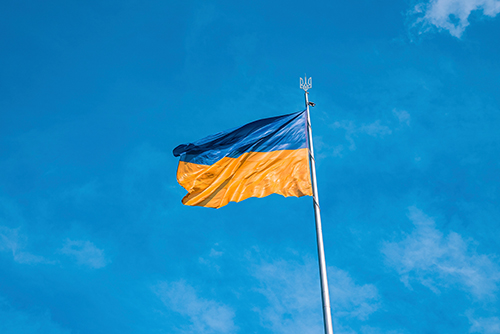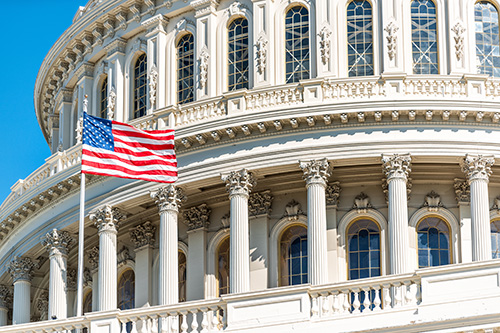U.S. and Korea: Forging a Forward-Looking, Global Partnership
 The strength of the friendship between the United States and the South Korea yesterday was forged under fire and toughened by more than six decades of facing down mutual security threats and working together to improve the everyday lives of our citizens. Today, our countries stand together as trading partners, allies and friends.
The strength of the friendship between the United States and the South Korea yesterday was forged under fire and toughened by more than six decades of facing down mutual security threats and working together to improve the everyday lives of our citizens. Today, our countries stand together as trading partners, allies and friends.
The origins of our friendship could not be more significant. From 1950 through 1953, more than 33,000 Americans and 137,000 of our Korean allies died in order to stop the spread of communism across the Korean Peninsula. Since the armistice that all but ended the Korean War, U.S. military personnel have maintained a continuous presence on the Korean Peninsula and worked with their South Korean counterparts to keep the peace in the region. Our alliance has continued to grow in the more than 60 years since. In January 2014, the United States and South Korea successfully concluded negotiations for a new five-year Special Measures Agreement, which establishes the framework for South Korean contributions to offset the costs associated with the stationing of the U.S. forces on the Korean Peninsula.
As two vibrant free-market democracies, cooperation between the U.S. and South Korea extends beyond the battlefield, including encouraging economic growth, promoting civilian nuclear energy development and partnering on emerging challenges, such as global public health and cybersecurity.
On the economic front, the alliance took a big step forward with the U.S.-South Korea free trade agreement taking effect in 2012. Two-way trade between the U.S. and South Korea now exceeds $125 billion annually, and South Korea is America’s seventh largest trading partner. U.S. exports of goods to South Korea total about $43 billion a year — up 92 percent from 2002. These exports support high-wage American jobs in high-value sectors, such as semiconductors, machinery, aircraft and agricultural products. With $6.6 billion invested in the U.S., South Korea further supports high-paying American jobs in the auto industry and other sectors.
Building on the momentum of the free trade agreement, on June 15 the U.S. and South Korea signed an important agreement supporting the civil nuclear energy cooperation between the two countries. This “123 Agreement” will allow the United States and South Korea to continue their civilian nuclear energy trade, supporting American jobs and injecting billions of dollars into the U.S. economy, while also adhering to U.S. nonproliferation standards.
While South Korea, like other countries, has been struck by new and challenging diseases, it is working with the U.S. to answer public health emergencies not only in its country but also in other countries. For example, American and Korean doctors and nurses traveled to West Africa to treat patients suffering from Ebola. With the experience gained from addressing such emergencies, South Korea can help ensure that outbreaks, such as MERS, do not spread throughout Korea to its visitors, travelers and to other nations.
Cybersecurity represents a new challenge to our enduring relationship. South Korea is leveraging its position as a top digital innovator to take the lead in countering the malicious cyber-actors who are attacking and hacking information storage systems throughout the world. Its neighbor North Korea has already shown its willingness to go after the U.S. when it brazenly hacked Sony Studios. We need to work together with South Korea to confront this global threat.








